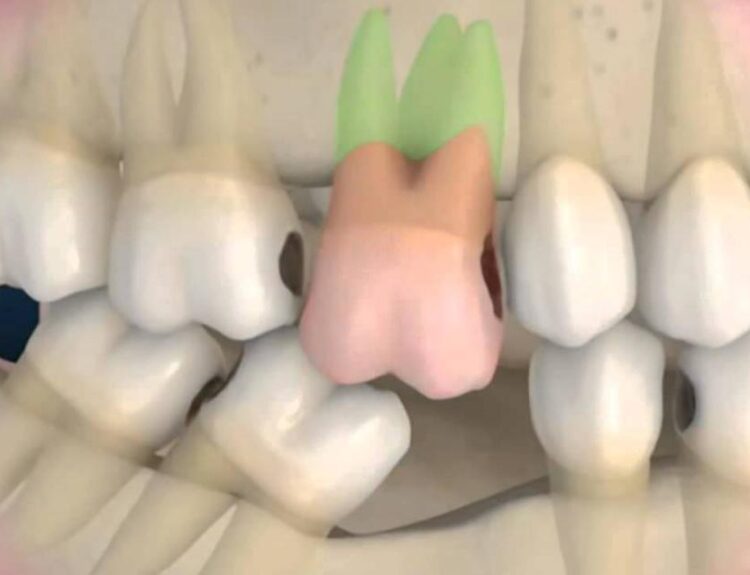Dentures are false teeth that patients use after loss of natural teeth. They feel quite different from natural set of teeth, and the experience varies from person to person. Denture adjustment takes time. The wearers notice some common sensations when they first get dentures.
Initial Discomfort: When you first get dentures, you may feel bulky or awkward in your mouth. This is normal as your mouth adjusts to the new appliance.
Soreness: It is quite common to experience some soreness or irritation, especially in the areas where the dentures press against your gums. This usually subsides as your mouth become habitual to the dentures.
Increased Saliva Production: Most of the people notice an increase in saliva production when they first start wearing dentures. This typically decreases as their mouth adjusts.
Difficulty Speaking: You might find it challenging to speak clearly at first. Practicing speaking through reading out loud or aling to your self in front oa mirror helps. It gets you used to the dentures more quickly.
Chewing: Eating with dentures can feel different and may require some practice. Start with soft foods and cut them into small pieces to make chewing easier.
Fit and Stability: Initially, dentures may feel loose or unstable. Over the period of time, as your mouth muscles learn to hold them in place, they feel more secure. You may require services of your dentist for adjustment and a better fit.
Gagging: Some patients experience a gagging sensation when they first wear dentures. This usually diminishes as your mind accepts it as a routine part of your body.
Numbness or Tingling: Some people report a slight numbness or tingling sensation, which usually goes away as the mouth adjusts.
Denture Adjustment
Once you are accustomed to wearing dentures, they feel more comfortable and natural. It takes time to adjust to new dentures. Don’t lose patience if you experience some difficulties initially. Though the average adjustment period for dentures varies but in general, most people adjust to their new dentures within a few weeks to a few months.
First few days: You may experience some discomfort, swelling, and difficulty speaking and eating. This is normal and should subside as your mouth heals. Avoid hard, crunchy, or sticky foods until your mouth has healed and you are comfortable chewing with your dentures. Practice speaking through reading aloud or talking to yourself in front of the mirror.
First few weeks: Your gums will continue to heal and you will start to get used to wearing your dentures. You may still experience some discomfort and difficulty with certain foods.
First few months: Your gums will have fully healed and you should be able to eat and speak normally with your dentures. You may still need occasional adjustments from your dentist to ensure a comfortable fit.






